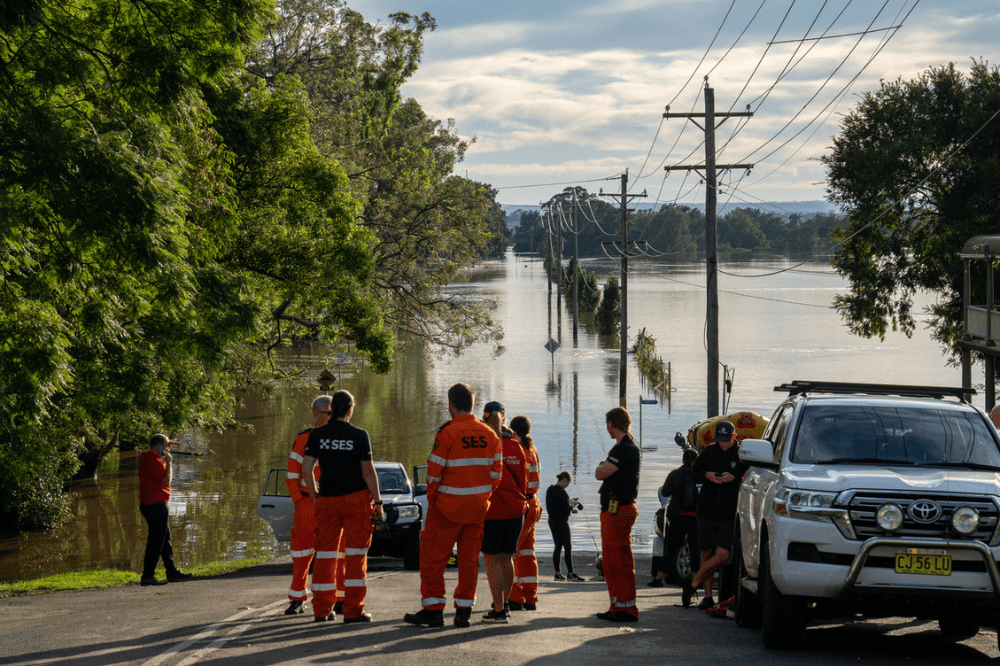IBC lauds federal government’s advanced flood recovery support payment

“On behalf of Canada’s property and casualty insurers, IBC applauds Minister Bill Blair and the federal government on this funding announcement,” said IBC climate change and federal issues vice president Craig Stewart in a statement. “The floods that hit southern BC in November 2021 remain the most costly severe weather event in the province’s history and this funding will help support families, businesses and communities rebuild and recover following this devastating event.”
According to IBC and based on estimates, the cost of insured damage resulting from the November 2021 flooding was at least $450 million – the most expensive single disaster in BC’s history.
“The trend is clear: Canada is experiencing more and bigger floods, wildfires and other natural disasters – all influenced by climate change – costing billions of dollars and putting lives at risk,” Stewart explained. “While DFAA may provide vital support to those unable to obtain financial protection for the risks they face, it is by no means a replacement for insurance.”
The vice president continued to rationalize that the insurance industry alone is unable to provide affordable coverage to residents of high flood risk areas.
“Instead, a public-private partnership is required at the national level, building on the approach taken in other industrialized nations. This event is yet another example of the urgency with which we must work to accomplish this.”
“Canada’s insurers have provided the federal government with a proposal to create a national flood insurance program,” Stewart added. “This program would ensure Canadians living in high-risk areas for flooding would have access to the enhanced financial protection that insurance provides, and allow for a speedier and more holistic recovery process.”
IBC is part of a collaborative federally funded project with l’Université du Québec à Montréal, Université Laval and the University of Waterloo that is looking into the cost of flooding in Canada’s future. The research being conducted builds upon the work previously undertaken by the Task Force on Flood Insurance and Relocation, which had also called for the establishment of a national flood insurance program.
Will a national flood insurance program – similar to the one the US has – be the answer to Canada’s growing flood risk? Share your thoughts about the matter in the comments below.




